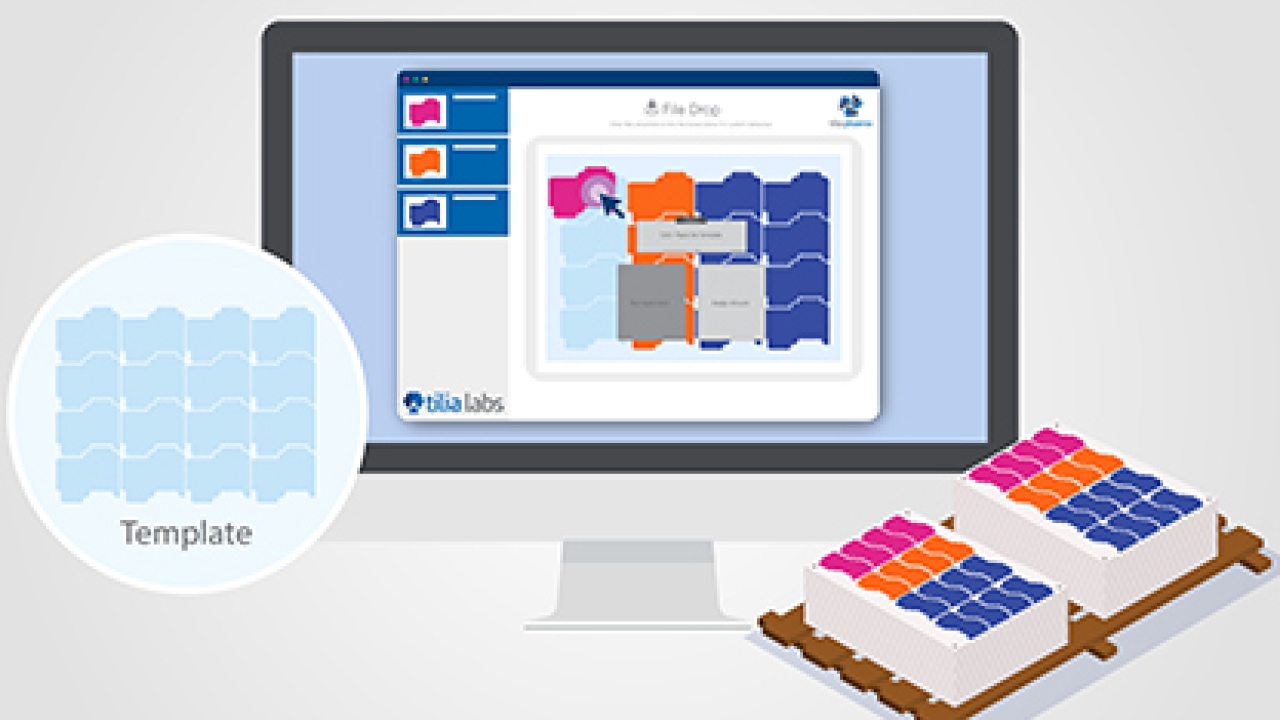Esko acquires Tilia Labs
Esko, a developer of integrated hardware and software products for the print, packaging and label industries, has acquired imposition AI software company Tilia Labs.

Tilia Labs’ range of intelligent algorithms for sheet layout, estimation, and planning complement Esko’s existing software suite and the two companies will work together to develop next generation integrated products.
'Converters are coming under increasing pressure to deliver more volume with shorter print runs to bring versatility to the market, while the adoption of digital printing continues to grow,' said Mattias Byström, vice president and group executive product identification, Danaher Corporation. 'This acquisition demonstrates our ongoing commitment to providing integrated software and hardware solutions that accelerate the go-to-market process for consumer-packaged goods.'
Byström explained that the combined products within its software platform enable Esko to better serve its customers in the packaging, label, and wide format markets.
Sagen de Jonge, CEO and co-founder of Tilia Labs, commented: 'We have long shared a common goal with Esko of empowering businesses to improve ways of working, eradicate waste and optimize operational processes to meet the challenges they face today and tomorrow. We are therefore thrilled that our technology for sheet and roll optimization, automation, planning, and estimation has been identified as a perfect fit with the market-leading Esko suite of solutions.'
Byström concluded: 'This acquisition also underlines our commitment to delivering the tools that serve to connect brands and converters upstream. For all our customers continuing their digital transformation journey, the integration of these next generation tools means businesses will be able to digitize, automate and connect more efficiently to drive significant workflow and operational advantages, as well as sustainability benefits.'
Stay up to date
Subscribe to the free Label News newsletter and receive the latest content every week. We'll never share your email address.

